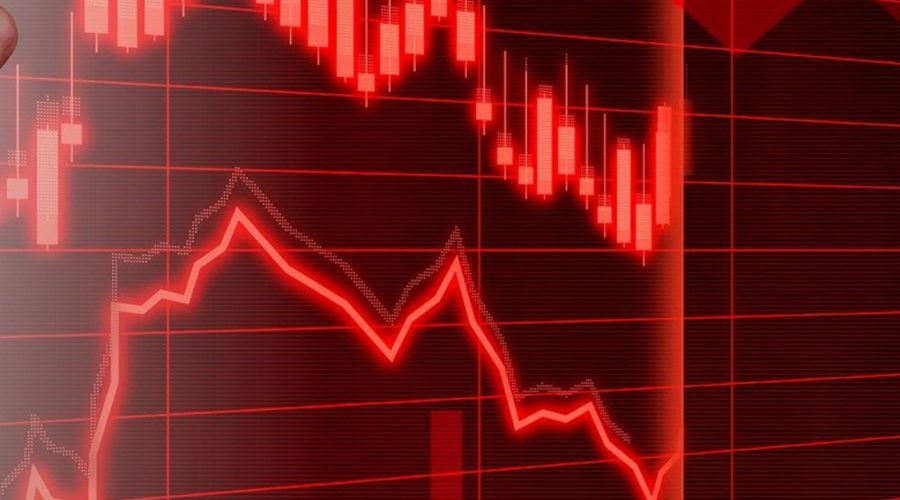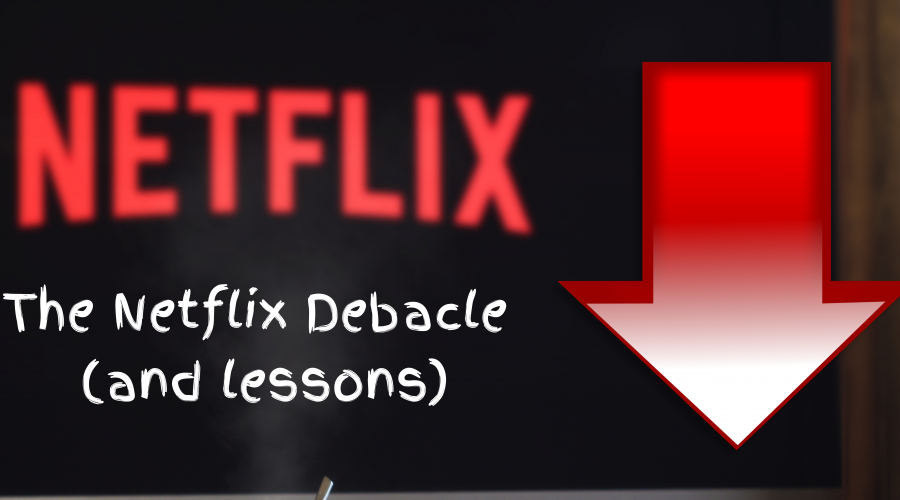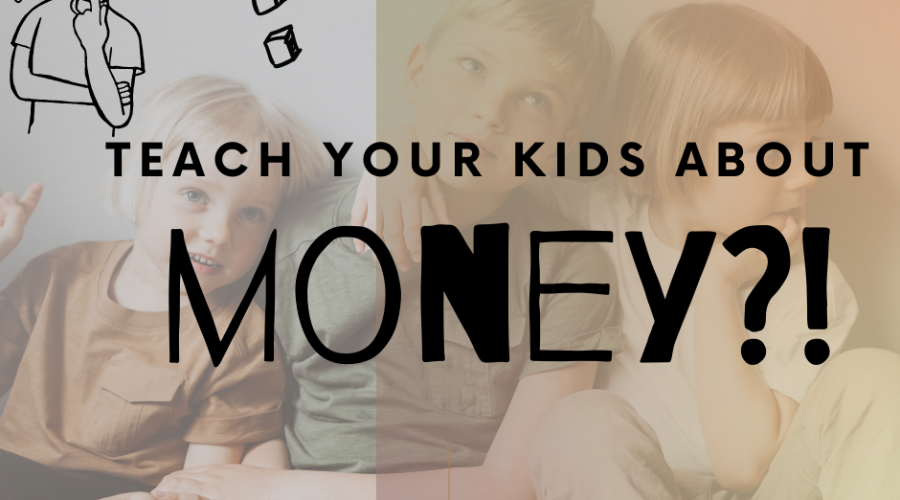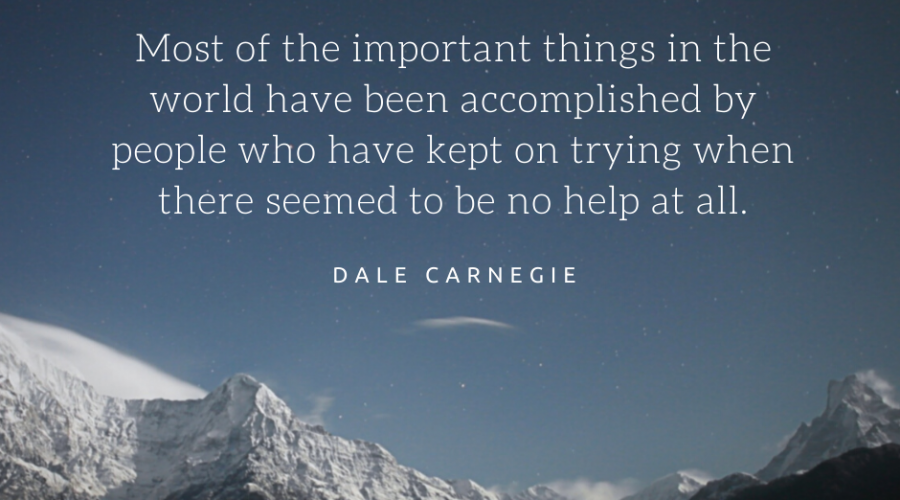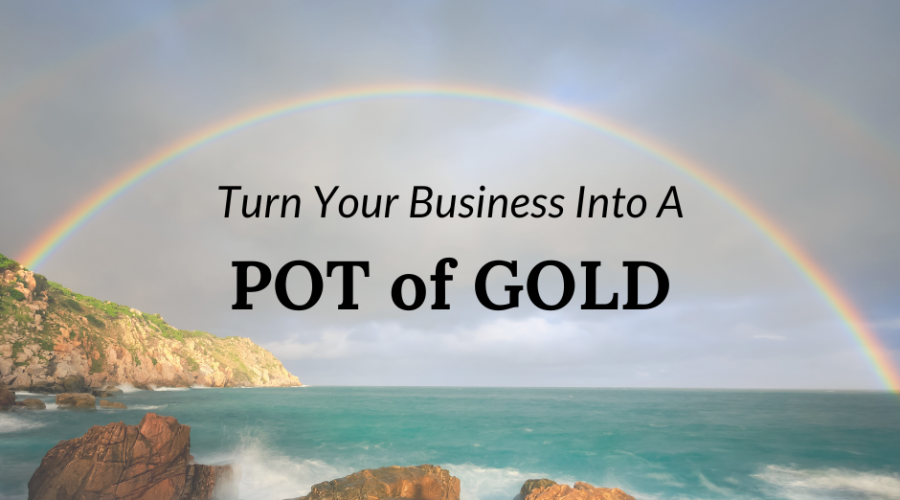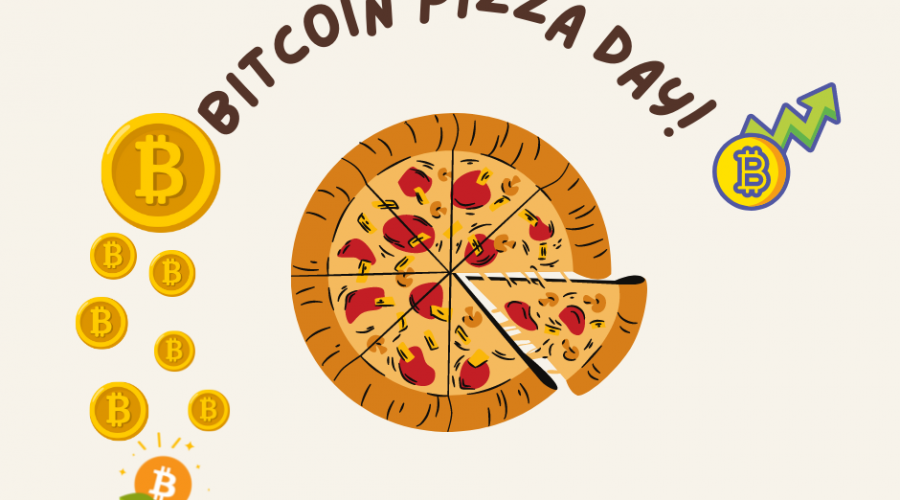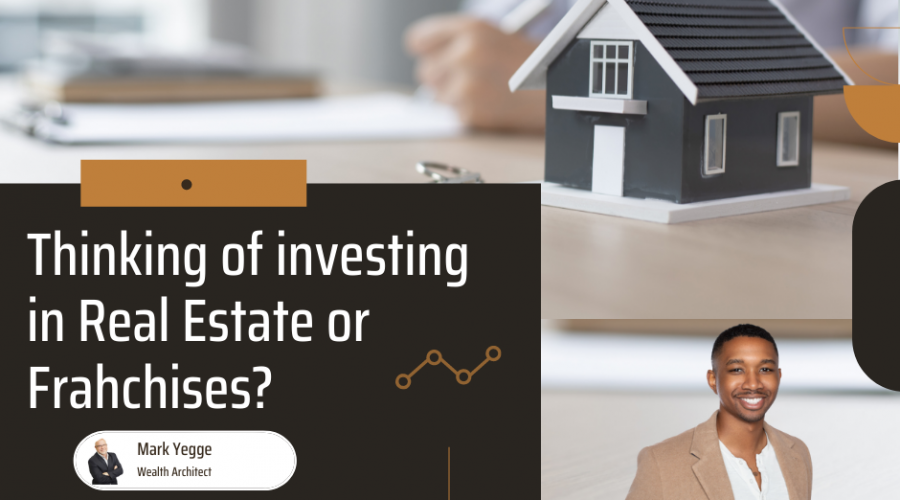Is the Crash Over? Tesla-Apple-Facebook Destroyed.
Is the market crashing? Or a better question? Is it finished crashing? Because we know it’s already sold off a lot. We’ll be talking about that question. I’m going to try to walk you through what’s going on with the major indexes and some stocks, that all seem to be crashing. Now, you probably know that when a crash starts to happen, it happens everywhere, right? It’s not just one stock getting sold off. It’s a series of stocks, it’s a series of other assets. It’s all the assets, people are raising money, because they just don’t want to lose money. And additionally, there’s a systemic issue, when there’s a little selling that the market can handle it. When there’s a big issue, a systemic issue steps in and takes place. For example, if you’re on margin if your leverage, and that’s where all these problems always start is if your leverage, you start to get margin calls from your broker, your broker says, “Hey, you borrowed too much money, the assets not worth it enough, you either need to bring us more money, or we’re going to sell the asset.” So that starts to sell it. If it started happening at the big money level. In the hedge funds and the pension module, which was where I suspect it’s been happening for the last six months, pensions are in trouble. They’re underfunded, we’re going to have to bail out the pensions, and the hedge funds. Some of them are just closing their doors now. And some of them are down 75% such as Kathy Woods, Ark Invest, unfortunately, it’s down 70% or more.
So, everybody’s getting hammered. And when they get hammered, people start to freak out and they fear and they start to grab their money. That’s okay. But it exacerbates the selling and accelerates it. And then those people are now scared. They’re on the sidelines, like, “Oh, are we done selling.” And those are the exact opportunities where the big money swoops in and starts to buy. And by the time those other people that are scared on the sidelines realize that they’ve missed a 30 point; 30%-40% run up or more in the market, and then they jump back in. But they’re usually missing the big part of the beginning.
So, let’s kind of go over some of the indexes that are out there that are of note. Let’s start with the NASDAQ. Now the NASDAQ and all this stuff started to happen around Thanksgiving last year. That’s around when Jay Powell said, “Yeah, we’re not going to be too afraid of raising rates. We were wrong on our call, that inflation was transitory.” First of all, I don’t know why we’d ever believe him about anything. Because he was right, the guy is running the world’s money and he says I was wrong about transitory inflation when several months before he goes, “inflation is transitory. It’s only going to be here for a little while it’s coming and going.” It’s not. And then basically, he admitted that he was wrong. I think he lied. I think he knew, like if I knew, how come this guy didn’t know. If you knew what you were paying at the grocery store. How come this guy didn’t know? How come this guy thought oh is transitory? When you and I both knew that. We heard that there were supply chain issues. At the same time. We knew that we were printing all this money, and oh, it’s just transitory. Then they tried to blame it on Vladimir Putin, you know, like nothing ever happened inflationary before Vladimir Putin invaded Ukraine. It’s like we’re being fooled everybody.
Let’s pay attention. November 26, is the peak of what it started to happen. And if you look at the NASDAQ, it went from 16,000 to 12,000 at the peak, right around that end of November period. And it started a steady decline. It had a small decline that a bounce and another bigger decline. And then a bounce, and then a third drive down and then a bounce. And a lot of people think the third drive down is the last one. But when there’s a big sell-off, it bounced up to its 200-day moving average. And then it just went crazy down, like went straight down ever since. And now are we getting to a bottom? I don’t know, there’s going to be a bottom at some point. But the NASDAQ is down 31% from its high,31%. Now, a lot of people were running around thinking that they were great investors over the last several years because the Fed was pumping money into the markets. And then in the last year, they find out that they’re not that great of an investor, and they’re getting hammered for 31%. Well, that’s fine when they made 29% last year, so maybe 31%, not so bad. But 31% is a bigger number now. They’re now underwater.
The Dow Jones is not too different. It looks the same. It hit a high of 30 setback, right about 37, let’s call it and it’s now down below or right around 31,000. So, from 37,000 to 31,000. That’s lost more than 20%. And that’s strong because it’s got the big industrial companies there. It’s the Dow Jones Industrial Average, it’s only 30 stocks, but it’s got the big ones in there that reflect all the defense spending and maybe even some of the oil spending. Are those big ones that are propped up by the Russian-Ukraine problem. The S&P 500 index is a bit more broad. The NASDAQ is technology. The Industrial is what I just said. And now we have the S&P 500, which is just kind of a smattering of 500 stocks through all kinds of things from 4818, all the way down to 3800. I mean, that’s about a 25% decrease, right? It’s 25 to 30, no matter how you slice it on all of these things, but no asset class is immune. If you look at Gold, gold on November 26, was 174, it ran all the way up to 193, which is about 10%. And then from 193, it spiked up had a gap up a gap down, spike down came down, and now it’s right around 170. So, it hasn’t done anything. But at least it hasn’t really lost a lot of money. It’s kind of held on to value while everything really lost money, because everybody went to that safe haven of gold. Now, when things start to improve, they’re going to use that safe haven of gold as a cash asset. And they’re going to put it back into stocks.
Because I can tell you, I believe that the Fed is going to start putting money back into the economy. Look, they’ve never stopped. Let’s be honest, they’ve never really stopped, “hey, let’s send 40 billion if you do your grade, let’s do $2 billion for Bill, trillion dollars rebuild that better,” like they’re printing money, like it’s going out of style, but they’re just not telling you.
And then let’s take a look at the Treasury bond. Now, this is this is a travesty. Because I’ve been telling people for a while that we are in a 40-year bull market in treasuries, which basically means that as they lower rates, money, floods into treasuries that go up, but when rates go up, treasuries start coming down. And so, since November, which is when they spiked right around December 1, somewhere around there, 155, 12 on the Treasury index, that we’re looking at the TLT. And now it’s below 120. So, bonds, which are supposed to be that safe money, I don’t know why people think it’s safe anymore, because the Fed manipulates it. But you know, they start at 155. And then they start saying where they’re going to increase rates well, so that everybody starts to sell bonds. Now, here’s the issue with bonds. When you raise rates, people will rather put money in new money that has higher rates, and they start to sell off the older money with lower rates. And so, the treasury bonds are starting to become a source of cash. Well, they’ve gone down 30%, just about 30%. And that was because they’ve been in a 40-year bull market, I think that bull market is over, I think we’re in a major bearish market. For the Treasury, I think it’s not safe money anymore, we’re losing our credit as the reserve, world’s reserve currency status. Lots of systemic problems are happening in the treasury market. And that’s going to hurt the pension funds, because the pension funds put a lot of their money in the market. And everybody if you’re investing in treasuries, I’m sorry, because you got sold a bill of goods by hearing that it was safe money, and that you get your 3% or 2.5% percent, whatever your treasurer is paying you, but don’t worry, you get your money back at the end. But if you put your money in at 155, let’s call it on the index. And now you’re only getting back 120, who cares that you made 3%? You’re down 30.
So don’t listen when people tell you that it’s a safe haven. When somebody says “Haven”, you need to start doing your due diligence, you know what I always say, “Never give up your power and your health, your wealth, or your time.” And if you just listen to some salesperson that tells you that Treasuries are safe, you have yourself to blame, I’m sorry, but the truth hurts sometimes. You shouldn’t just listen to me, you need to take control of your finances, guys, this is your money. They’re going to be long gone on driving their BMW and you know, living on a yacht, on the on the money that they charge all their clients every year, but you’re going to be the one that’s taking all the risk. That’s the problem with this whole model.
Even Bitcoin, by the way, I’m a big Bitcoin fan, long term, short term, it’s a source of cash, because it’s speculative. It’s a technology. So, people were using that. And since November, it also topped and it’s gone down about 60% Or maybe 50%. So, it’s getting hammered.
Let’s talk about some individual stocks. I’m going to start with Tesla. Tesla is one of those stocks that everybody loves until they don’t. And Tesla is an amazing stock they get they’re growing like crazy, got a huge backlog of orders. Like they’re not doing anything wrong. The stock hit 1243 right around the beginning-middle of November 1243. It’s now trading in the six hundreds, it’s about 600. And I don’t know 660, something like that. So, it’s lost about 40-45% as well. Tesla, it’s been on a really choppy path, but it’s lost some money.
And the next one we’ll talk about is Apple. All right, Apple hit a high of 182 right around January. It was Ready to in December also, but it really didn’t lose much value, it held up really well, until just the last couple of weeks. And Apple has gone from 182 down to 139-137 actually. So, it’s lost roughly 35-40 points something like that. So, it’s in some serious trouble. And I don’t like to chart on Apple right now anyway, but it is a source of cash, and it’s been holding up better. I suspect that if the market keeps selling off, now they’re going to go to their Apple and say, “well, Apple is worse now. And I’ve already gotten all my money out of my other stocks. So, I guess I have to sell off some of my Apple.”
Netflix is just a devastation, it went from 700 in November of last year, to now,it’s right around, what is it 186? From 700 to 186, it’s down about 75%. There’s a lot of stocks! By the way they are down 70-80-95- 90%, something like that. There’s a stock called upstart that went to 400, it’s now at 40. It’s down 90%. From the high. You know, there’s lots of stories that you don’t hear about, you just look at the indexes. And they’re horrible as well.
And the last one I’ll talk about is Facebook. And Facebook, which was doing great. Zuckerberg was buying Instagram and doing all these things. Since then, they’ve done nothing but get hammered. Apple has introduced the privacy thing on their phone. So, Facebook can’t really monetize the data, your data that they’re selling to other companies as easily on Apple. And Apple has about 35% of the market. So that really hurt Facebook, plus they’re making some major errors in their tactics. And it’s starting to show up in their stock. So that stock has gone from 384 all the way down. It is now trading at 193. So, it lost 200 points from 384. That’s down huge. So, my point here guys is; are we in a crash? Is the crash over? My suspicion is we’re really close to the bottom. Well, I could tell you this, I don’t try to predict markets. I never could and never can. Nobody can. But I could tell you that when stocks and bonds and everything is selling off and it’s down 30% At some point, the bargain hunters come in and the big money bargain hunters come I. The big huge money, hedge funds and the big brokerage firms, the JP Morgan’s, and they start to buy. And they know that Jay Powell is probably going to end this charade of acting like he’s going to raise interest rates, when he gets a couple of reports in a row that inflation is abating or, the job market is not improving. They know it early, and they’re going to get in early and you’ve got to watch when they get in. So, I suspect we’re closer to the bottom, then closer to continuing the sell off. We have been through a crash. It’s a 30% to a 50-60% crash, depending on what you’re in. Is it over? I don’t know, I think so. I think it’s close to being over. And I will tell you that you should start getting your watch list ready because the Fed is going to start printing money again at some point. And it’s going to sweep that market back up. Otherwise, we go way down the other side. And I don’t think anybody’s ready for that. Or, I think I don’t think anybody really believes that that’s going to happen. It could. But I wanted to bring you up to date because there’s a lot more happening behind the scenes than they give us credit for. They tell us we have to do our own homework. And if you start to understand why the markets are down, you start to understand that people are running for the exits. Everybody’s selling margin calls, big money selling hedge funds are selling hedge funds, pension funds are probably going to be the next big balloon to burst. And once all that stuff starts to happen. You got to get out of the way and I suspect this was the beginning of that. I think we get swept back up. But I think we’re in a very long-term bear market now. I don’t think we’re going to get those all-time highs that we’ve gotten for a while, we’ve got to get rid of all the selling pressure that’s going to be clogging up the market over the next few months and maybe even years. So, hope that has helped you. That is my take on the market. Crash that’s happening here in this first and second quarter of 2022.
- By Heather MacKay
- In Blog
- 0 comments

